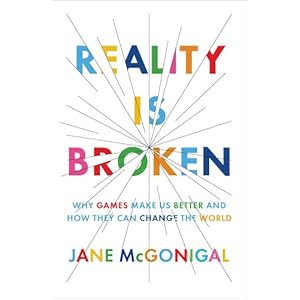Review: Worldchanging 2nd Edition
A bee has landed.
Seven years ago, a couple of guys started posting about possible choices for the future. It wasn't just an exercise in wishful thinking, though, but a composite of the things we already had to and that could make those worlds a reality.
Two years later, and they had reported on so much 'stuff' that a book was published. Now, here we are, another five years further on, with a new and revised edition of Worldchanging just arrived in the mail.
What's changed? There is, naturally, an additional five years of reports and essays. Lots more 'stuff' and other things. Apart from that, the book has a much more focussed feel to it, with greater emphasis on systems. Climate change, as Steffen puts it in the introduction, has moved from remote and scary to immediate and terrifying. Sure, we've got a lot of tools we can use to combat and mitigate unpleasant changes in our environment, but we are going to have to develop the will to start using them.
The book structure remains the same, with articles organised into seven overlapping themes. The story begins by tackling consumer culture in 'Stuff' (no, consumerism isn't evil, but you benefit from becoming familiar with back-stories to production, and investigating how wasteful practices can be reduced by taking responsibility for the waste in a cradle-to-cradle process. Who said that infrastructure was boring?
The emphasis then shifts to how to improve the biggest consumer item of all: the home ('Shelter') and, since we live in them more so now than any time in history, the myriad issues of 'Cities' are laid out. Cities, perhaps surprisingly, turn out to be one of the most potent tools we have in dealing with environmental ruin. Indeed, as Flannery has noted elsewhere, cities were the first response to the drying climate in the fertile crescent as the last ice age receded, and the climate became more arid.
Cities cannot be fully assessed without considering the people who live in them ('Community'), how they trade with each other ('Business') and how they determine how to live together ('Politics') 'Planet'.
The book covers a lot of ground, and five years covers a lot of time. Unsurprisingly, things have changed. While most articles have been bought up to speed, there are a few oversights. A case in point is the mention of Melbourne's program of achieving a compact 'bright green' living space by 2030. In fact, this initiative has been rendered moribund in the last couple of years by a lack of political will.
Thus far, the book description could be applied to the first edition of the book. Why might you want to buy more of the same?
The book also sounds a sad note, since Worldchanging ceased operations late last year. In Agile terms, a conversation becomes 'dead' as soon as it is documented. In Carribean parlance, Worldchanging was a bright green 'lime' that lasted seven years,


